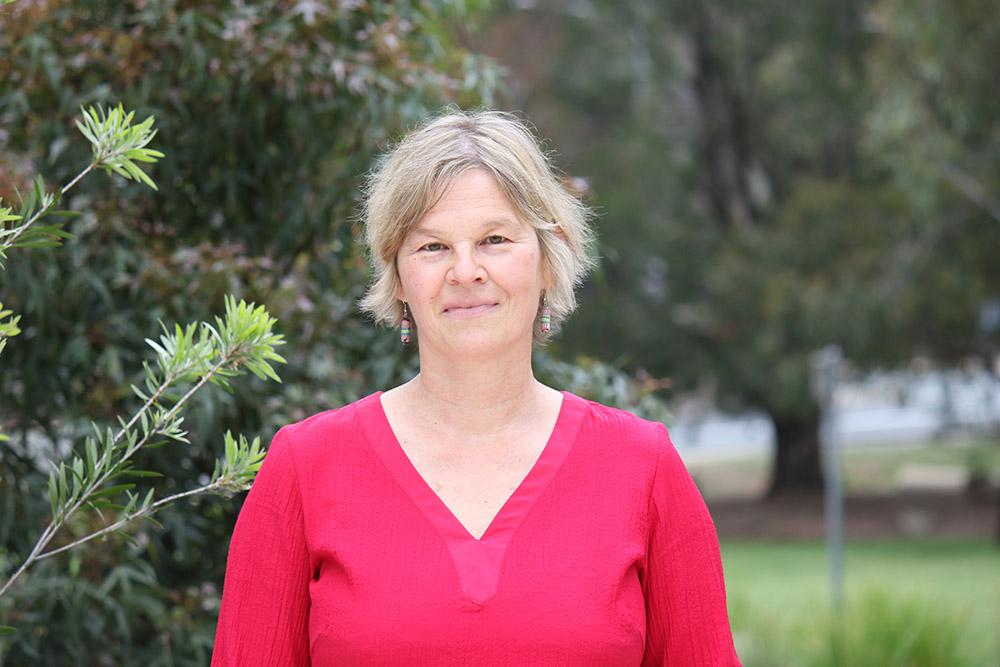Suzanne Lazaroo
27 December 2018: A crucial new project from the University of Canberra will seek to improve the design, delivery and the effectiveness of programs for the Indigenous community, thanks to funding from the National Health and Medical Research Council.
Associate Professor Margaret Cargo, of the Centre for Research and Action in Public Health (CeRAPH) under the UC Health Research Institute, will lead the 3.5-year project, which has received grant money of $672,000.
This project has strong Indigenous leadership with four Indigenous chief investigators, including Professor Dennis Foley from the School of Management and Professor Tom Calma chairing the Project Advisory Group.
Associate Professor Cargo says that while programs to improve Indigenous health and wellbeing are necessary, many are of poor quality and there is little evidence of which actually work. Good programs and evaluations require Indigenous input at the design stage.
“It’s estimated that these programs cost the government and the not-for-profit sector $5.9 billion a year,” Associate Professor Cargo said.
“Because of the knowledge gap, the Productivity Commission held a review in 2013 and called for more and better evaluations, supported by funders working with Indigenous stakeholders.”
“It is very important that Indigenous people have input into commissioning practices, so programs are based on Indigenous people’s needs and are delivered and evaluated in ways that are aligned with their cultural protocols and local processes,” Professor Cargo said.
The project will identify how commissioning practices can support Indigenous community engagement, to ensure that programs align with Indigenous needs and priorities, and therefore improve future health outcomes.
“No research has yet looked at the spectrum of commissioning practices. We will identify a range of commissioning models then conduct case studies to understand the successes, issues and challenges associated with each one,” Professor Cargo said.
For the project, a scoping review will be held and interviews will be conducted with Indigenous people, commissioners, and health service providers.
“These findings will then be translated into resources using the most promising strategies for commissioners of government and non-government to engage Indigenous leadership,” Associate Professor Cargo said.
“We can potentially increase the number and quality of evaluations, strengthen the evidence base on effective Indigenous programs, and inform future investments to improve health equity for Indigenous Australians.”



